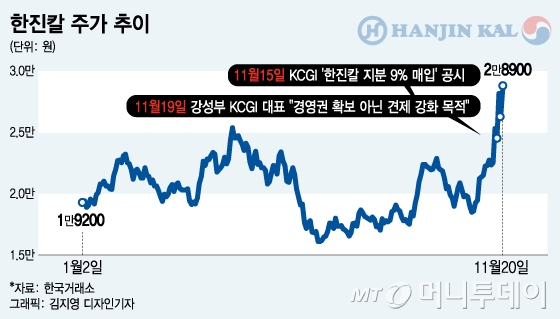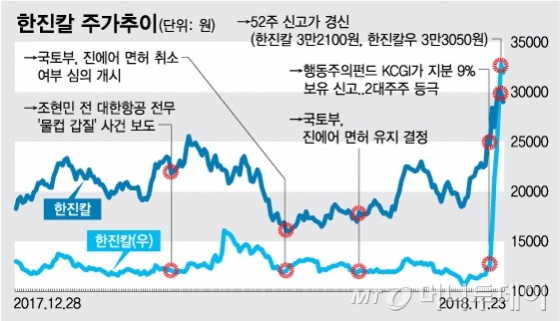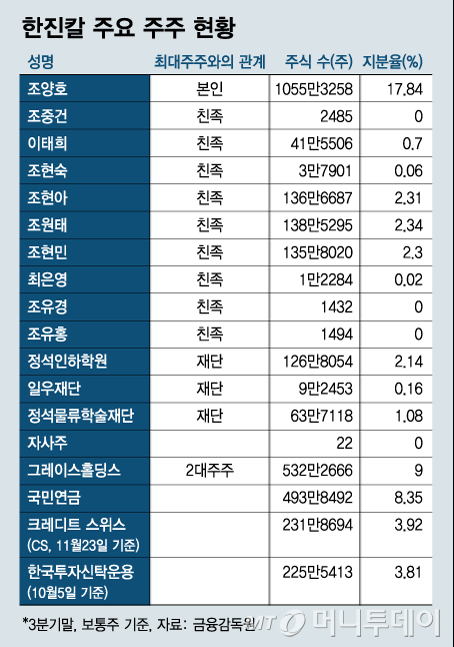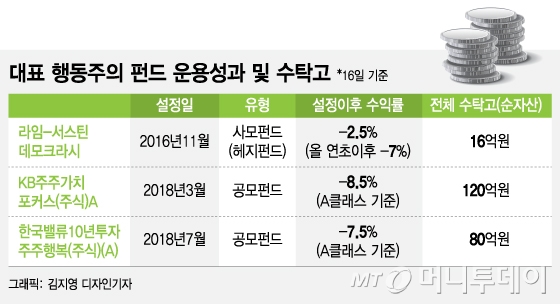Too Big To Fail: The Inside Story of How Wall Street and Washington Fought to Save the Financial System—and Themselves. By Andrew Ross Sorkin. Viking; 624 pages; $32.95. Allen Lane; £14.99.
The global financial crisis inspired hundreds of authors, some better informed than others. Andrew Ross Sorkin’s fly-on-the-wall account of the great panic of 2008 is among the best. Published the following year, the work is a compelling read on how the titans of Wall Street and Washington coped with the crisis. Mr Sorkin reconstructs the drama surrounding the American government’s seizure of Fannie Mae and Freddie Mac, which insure mortgages, Lehman Brothers’ collapse, the subsequent market pandemonium and the shoring up of big banks’ capital with public funds. Mr Sorkin’s book, published in 2009, is too good to put down. But for those who find it too big to read, HBO’s film version, released in 2011, is a faithful retelling.
The Fed and Lehman Brothers: Setting the Record Straight on a Financial Disaster by Lawrence Ball. Cambridge University Press; 294 pages. $10.38 and £18.99
In September 2008 Lehman Brothers failed, setting off a disastrous and deep credit crunch that threatened to tip the world economy into a depression. The bank was not saved by the Treasury or the Federal Reserves and officials have since insisted that a bailout was not legally possible. Lawrence Ball disputes that account with a forensic analysis of the history and economics of Lehman’s failure, making a compelling case that emergency loans to Lehman were possible but were rejected for political reasons. In so doing he provides a vivid worked example of Walter Bagehot’s principles on whether—and how—failing banks should be saved. Published in 2018.
Crashed: How a Decade of Financial Crises Changed the World. By Adam Tooze. 720 pages. Viking; $35. Allen Lane; £30.
Four big themes emerge from this account by Adam Tooze, a historian, of the post-2008 era (published ten years after the crisis). The first was the immediate response, in which the banks were rescued and monetary and fiscal taps were loosened. The second was the euro-zone crisis. The third was the later shift in the developed world to fiscal austerity. The fourth was the rise of populist politics. Taken together, Mr Tooze explains, the backlash against bankers, frustration with EU governments and the impact of austerity led to the election of Donald Trump and the Brexit vote.
This Time Is Different: Eight Centuries of Financial Folly. By Carmen Reinhart and Kenneth Rogoff. Princeton University Press; 512 pages. $19.95 and £16.99.
When an economy is purring, profits go up, as do asset values. Credit becomes easier to obtain, spending rises and the boom intensifies. Investments come to seem less risky. But when the mood turns, the feedback loop reverses direction. As asset prices fall, banks grow stingier. Firms feel the pinch, fall behind on repaying their debts and sack workers, who then struggle to pay their debts. The desperate sell what they can, so asset prices tumble, worsening the crash. Mania turns to panic. The pattern is an ancient one. In this book, published in 2011, two economists point out that eight centuries of financial calamities have not persuaded investors to treat booms with the requisite caution. One reason is that regulators,like everyone else, are too eager to conclude that this time is different.
국내번역: 이번엔 다르다.
The Bankers’ New Clothes: What’s Wrong with Banking and What to Do about It. Anat Admati and Martin Hellwig. Princeton University Press; 398 pages; $29.95 and £19.95.
Many readers may feel their stomachs sink at the mention of capital ratios and systemic risk. But Anat Admati, a finance professor at Stanford University, and Martin Hellwig, a director at the Max Planck Institute for Research on Collective Goods, have done an admirable job in explaining how capital in the banking system works to absorb shocks, and how too little of it makes banks unstable. Read our full review of their book, published in 2013.
Making It Happen: Fred Goodwin, RBS and the Men Who Blew Up the British Economy. By Iain Martin. Simon & Schuster; 344 pages; $34.95 and £20.
Every crisis needs a scapegoat. Fred Goodwin, known as “Fred the Shred”, was the chief executive of Royal Bank of Scotland, briefly the world’s largest bank, before it collapsed into the arms of the British state in the country’s biggest bank failure. The anecdotes packed into the book show a man who was compulsive about small irrelevant details, yet who was never fully able to grasp the risks his bank was running or how dangerously thin its cushion of capital was. The book’s British focus should not obscure its wider lessons about what happens when clever, combative and charismatic chief executives surround themselves with lieutenants who are too awed or afraid to challenge them. Published in 2013.
Hall of Mirrors: The Great Depression, the Great Recession, and the Uses—and Misuses—of History. By Barry Eichengreen. Oxford University Press; 512 pages; $29.95.
Economists, who rely on data, are in a bind when it comes to depressions: there have not been enough to yield predictable patterns. When the world stood on the precipice of one in 2008, its leaders had only the 1930s as a template. Today they congratulate themselves on having avoided another Great Depression. Were they right to? Barry Eichengreen argues no. Their reading of the 1930s, he writes, is incomplete, often erroneous and has led them to settle for weak or no growth and for too-timid reform of their financial systems. Mr Eichengreen recreates the past century’s two great episodes of financial instability with compelling portraits of bankers and policymakers and accessible theoretical explanations. Published in 2015.
The best two films about the last financial crisis
“The Big Short” (2016)
J.C. Chandor’s “Margin Call” (2011)
'금융기관' 카테고리의 다른 글
| 금융사고 (0) | 2020.05.09 |
|---|---|
| 우리나라 최고 집부자 '2312채' 소유, 임대료는… (1) | 2020.03.18 |
| What Facebook’s new currency means for the banking system? (0) | 2019.06.22 |
| 금융구조와 경제성장(Financial structure and growth) (0) | 2019.03.13 |
| 최종대부자(LLR) (0) | 2019.02.15 |
 LLR_안길원(2009). 최종대부자기능, Bagot원칙의 현대적 해석.pdf
LLR_안길원(2009). 최종대부자기능, Bagot원칙의 현대적 해석.pdf

 500 -1.7%)
500 -1.7%)![[단독]한진그룹, 삼성증권 통해 기관투자자에 백기사 요청했다](http://thumb.mt.co.kr/06/2018/11/2018112014582481507_1.jpg)

 300 1.4%)
300 1.4%)
